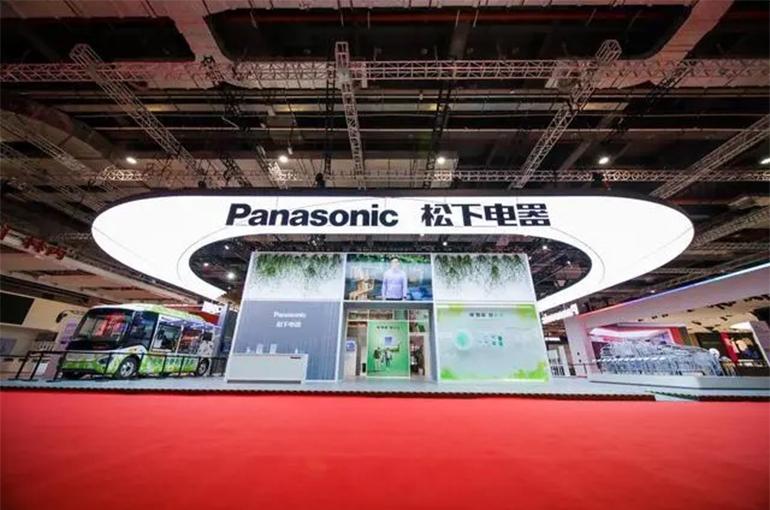 Panasonic Is Upbeat on China's Elderly Care Market, Executive VP Says
Panasonic Is Upbeat on China's Elderly Care Market, Executive VP Says(Yicai) Sept. 2 -- Panasonic Holdings is optimistic about the smart and healthy living space sector for senior citizens in China, the executive vice president of the Japanese electronics giant told Yicai in a recent interview.
Age-appropriate residential buildings have great potential in China, despite the prolonged downturn in the country’s real estate market, Tetsuro Homma told Yicai in an interview held at the company's Osaka headquarters on Aug. 29. "The Chinese market is large, and there are opportunities if we capture niche demands."
Panasonic already co-runs a project for senior living apartments, or living spaces specifically designed for the elderly, in Yixing, eastern Jiangsu province and is rolling out similar programs in more than 10 cities in China, he said. The firm has linked arms with nursing homes in Sisui, eastern Shandong province. And in June, Panasonic teamed up with Beijing Architectural Design and Research Institute and Beijing Anxin Kangyang Industry Investment Group on a health care project.
Panasonic China's smart and healthy living space segment has expanded from "in China, for China" to "in China, for the world," said Homma, who is also president of the Japanese Chamber of Commerce and Industry in China.
Panasonic was one of the first foreign companies to invest in China and over the years it has branched out into many different sectors. China and northeast Asia accounted for just under a quarter of Panasonic’s global revenue of JPY8.5 trillion (USD58.2 billion) last year at 23 percent.
China's home appliance market became more challenging after the 618 online shopping festival in June, Homma said. Panasonic is mulling exporting China-made home appliances to Asia and the countries along the Belt and Road Initiative through the Regional Comprehensive Economic Partnership, the world’s biggest trade pact.
Panasonic has linked arms with Japanese auto manufacturer Toyota to produce prismatic batteries for hybrid vehicles for the Chinese and overseas markets. The third phase of their joint venture factory in Dalian was completed earlier this year. Panasonic is also developing smart cockpits in China.
Panasonic intends to build an electronic materials factory in Suzhou for semiconductor-related materials which should break ground next month.
Thanks to China’s membership in the RCEP, Panasonic has shifted the production of vacuum insulation materials in Thailand to its Chongqing factory, and has moved its compressor production in Southeast Asia to its Wuxi plant. The company will consider selling the products developed by the Chinese team to other Asia-Pacific markets.
Most of Panasonic's products sold in China over the past five years are developed and manufactured in the country. The software is developed by its software unit in Dalian, and the IT system by another subsidiary in Shanghai. The number of employees at both companies have doubled in the past five years. Homma said that he hopes that more young Chinese people will join Panasonic's R&D team in China.
Most Japanese firms still have confidence in the Chinese market. Between 55 percent and 56 percent of Japanese companies with operations in China intend to maintain or increase their investment, Homma said, citing data from the Japanese Chamber of Commerce and Industry in China.
Editor: Kim Taylor